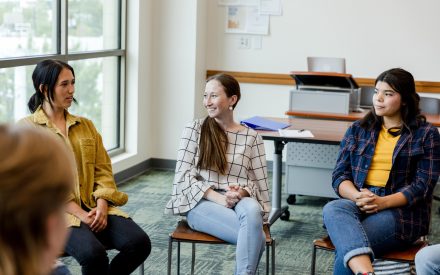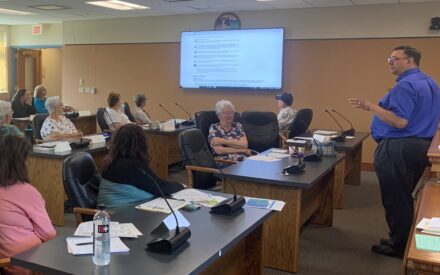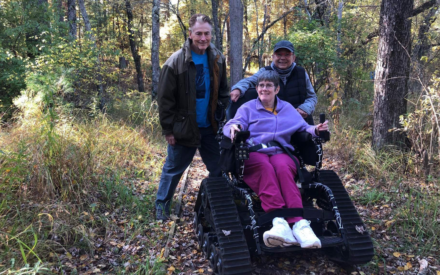Concerns about young people’s mental health in Wisconsin precede the COVID-19 pandemic — in 2019, 28.5% of Wisconsin high school students reported feeling sad or hopeless.
UW–Madison Extension’s Behavioral Health Program provides direct education to young people and adults to build individual knowledge and skills on positive self-management, stress, and coping skills to improve mental health and reduce the risk for substance misuse.
In 2022, Extension provided Youth Mental Health First Aid, Supporting Youth Mental Health, and Learning to Breathe courses to individuals statewide, which are designed to teach community members how to help an adolescent who is experiencing a mental health crisis. These programs reached over 250 individuals in 2022 alone.
Additionally, Extension developed a course for 4-H staff and volunteers, which teaches signs and symptoms of mental health challenges, as well as skills to build trusting relationships with young people. In 2022, Extension offered 14 opportunities to 4-H, which reached 114 individuals.
These programs have proven extremely valuable — having adults aware of the signs and symptoms of mental health challenges and knowing how to help can improve the chances of that young person recovering from a crisis.
Ninety-six percent of adults surveyed agreed that everyone has a role in helping young people experiencing mental health challenges, and 98% believed that they themselves can do something to help. As a result of these courses, respondents shared greater confidence and likelihood that they would act if they notice a young person experiencing a crisis.
Additionally, Extension’s programs helped young people learn skills to help them cope with stress — 100% reported being able to deal with stress after taking the class. Given that these coping skills are especially important in rural areas of the state, Extension chose to focus on holding these courses in rural counties.





